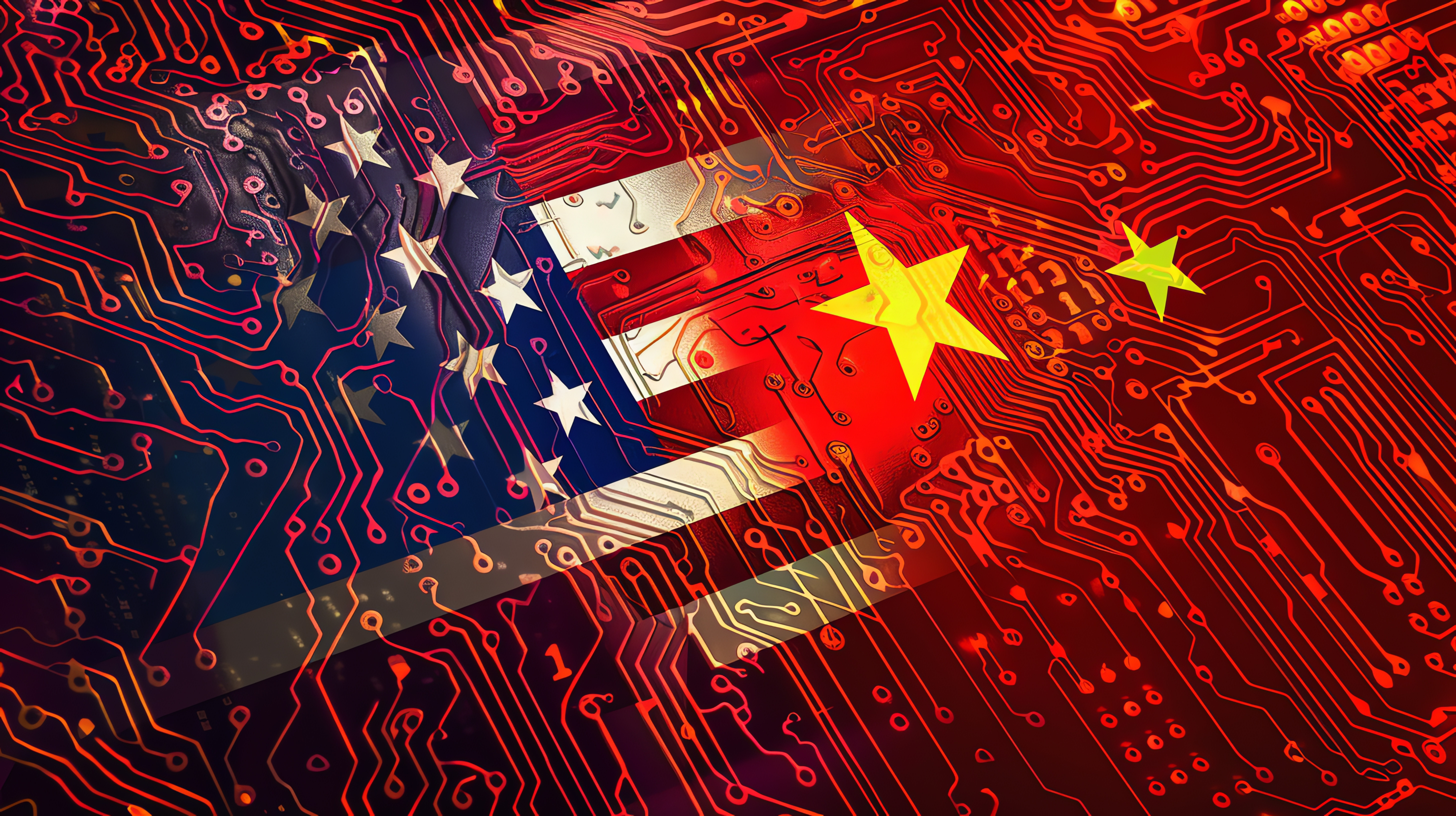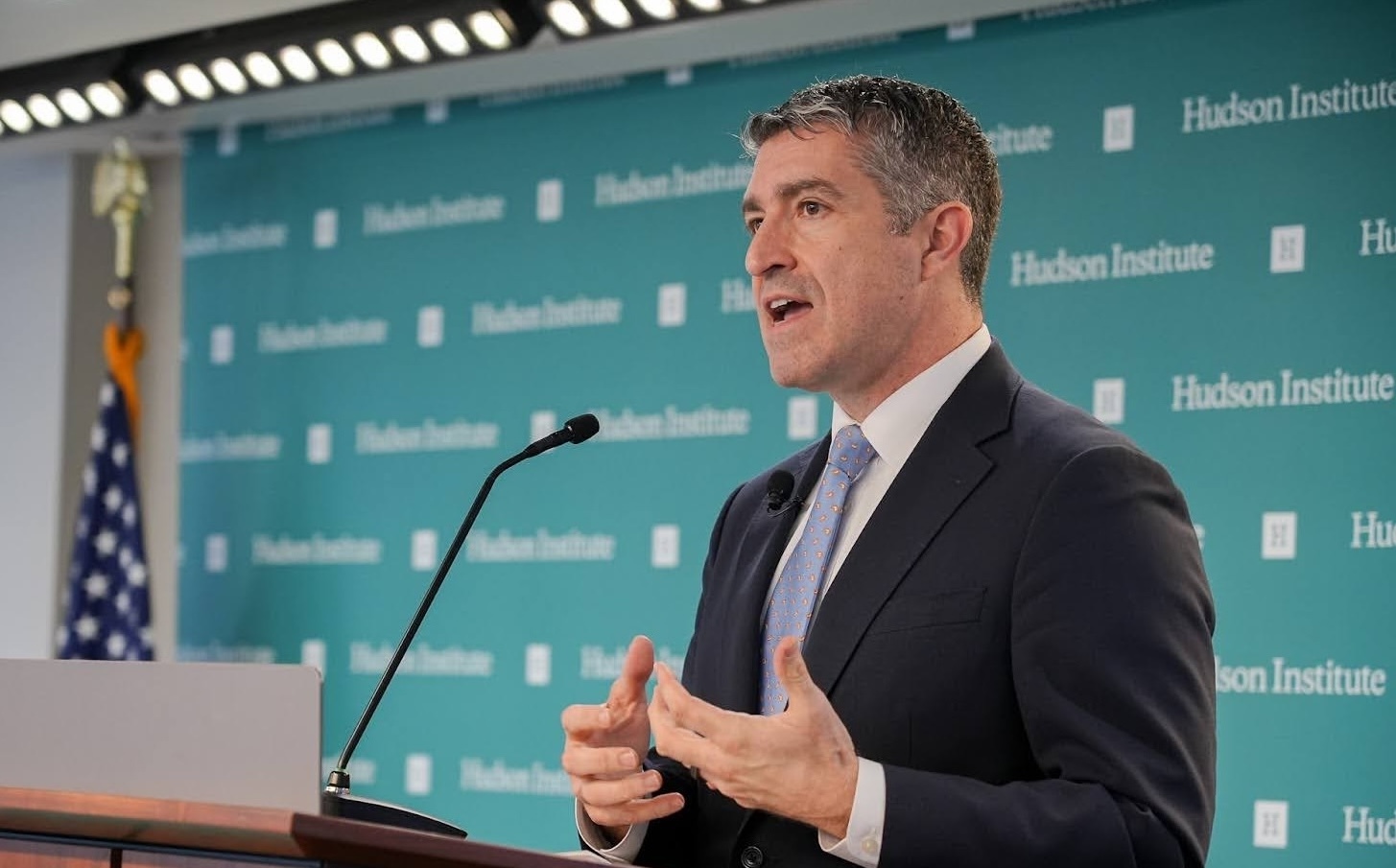The annual NPC and the coinciding Chinese People’s Political Consultative Conference (CPPCC) together form what are commonly referred to as the “Two Sessions.” This year’s events included, for the first time, an acknowledgment of the effects of U.S. sanctions on Xinjiang over forced labor concerns.
Here’s what to know.
More tech investments: Chinese officials at the NPC announced a 10 percent increase in science and technology spending, reinforcing the country’s commitment to bolstering its high-tech sectors such as quantum computing, biomanufacturing and artificial intelligence.
Also of note were plans to form a public-private “National Venture Capital Guidance Fund,” which aims to invest 1 trillion yuan ($138 billion) into advanced technology ventures such as quantum computing, hydrogen energy storage, biomanufacturing, and embodied intelligence.
Chinese Premier Li Qiang emphasized the need to “unleash the creativity of the digital economy,” highlighting AI-enabled phones, smart manufacturing equipment and next-generation robotics as focal points for future development.
Go deeper: On the sidelines of the NPC, a Chinese research team published findings indicating that its quantum processor, Zuchongzhi 3.0, performed in seconds a calculation that would require the world’s fastest supercomputer an estimated 6.4 billion years, according to an industry report and the paper reviewed by Kharon. The study reinforces China’s growing influence in the race for quantum computational advantage, a milestone where quantum computers surpass classical machines.
Authors of the paper, titled “Establishing a New Benchmark in Quantum Computational Advantage with 105-qubit Zuchongzhi 3.0 Processor,” hail from multiple Chinese tech universities and research centers—including the Hefei National Laboratory for Physical Sciences at the Microscale, the Shanghai Center for Quantum Science Research and the Jinan Institute of Quantum Technology. These institutions were added to the U.S. Bureau of Industry and Security’s Entity List for attempting to acquire U.S.-origin items in support of advancing China’s quantum technology program.
Researchers affiliated with QuantumCTek Co., Ltd., a leading Chinese firm specializing in quantum information technologies, were also listed as authors on the paper. QuantumCTek, the first quantum-focused company to list on the Shanghai Stock Exchange, came under U.S. export controls last May, amid growing national security concerns over the military potential of advanced quantum research.
- For context: The Two Sessions took place amid China’s escalating tensions with the U.S., which labeled China an adversary in a recent presidential memorandum on restricting outbound investment.
The Uyghur Forced Labor Prevention Act (UFLPA), enacted in June 2022, prohibits goods produced in Xinjiang from entering the U.S. unless there is sufficient evidence that the products were not made with forced labor. U.S. Customs and Border Protection (CBP) has since steadily increased enforcement on goods originating from Xinjiang, inspecting $3.66 billion worth of shipments at U.S. ports of entry, according to CBP figures.
Such measures are among the biggest challenges in Xinjiang’s development, Xinjiang Party Secretary Ma Xingrui said last week, according to the state-owned China Daily.
Read more from Kharon on China:







